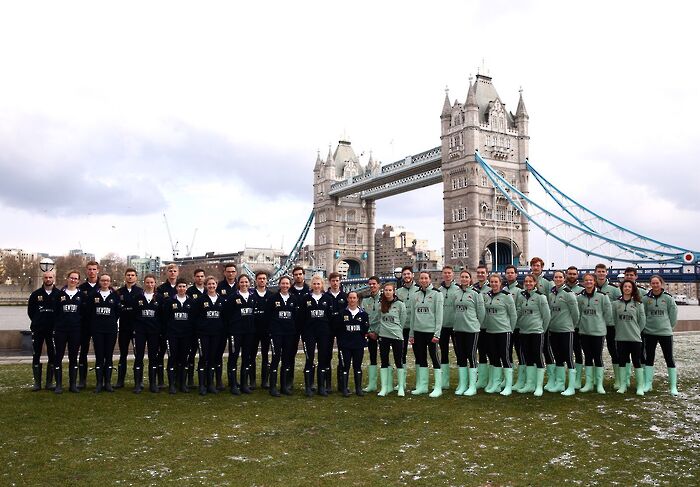‘Much more interested in non-sexist events’: women rowers quit regatta over unequal treatment
CUWBC refused to attend event in Croatia, saying they have spent ‘two years accepting a lower standard’ there
Cambridge University Women’s Boat Club pulled out of an international regatta in Croatia after they were told they would be housed in a hostel, while the men’s team were put up in a five-star resort.
The Sveti Duje regatta, held in May, is one of the first major events in the rowing calendar for the University teams, following the Boat Race in March. The men’s boat club were given accommodation in the Le Méridien Lav, a five-star resort in Split with a private beach where rooms cost at least £130 a night.
The Cambridge University Women’s Boat Club (CUWBC) were told by the event’s organisers that they would be put up in a hostel or student accommodation for the course of the regatta. They were also told that they would have to pay for their own transport to and from the event- something that was paid for by the event’s organisers for the men’s team.
Daphne Martschenko, CUWBC’s current president, and Ashton Brown, the president in 2017, posted on the event’s public Facebook page to protest the decision. Brown said that this was the only rowing event she had been involved in which offered different types of accomodation for men and women.
“I had saved the date, but then discovered you were hosting the men and women at different hotels. Much more interested in non-sexist events so decided not to attend,” Brown wrote in a comment.
Their comments prompted criticism from male former rowers. One argued that the event need to be made more inclusive, with more men’s and women’s crews from around the world attending, before they organisers could invest more money in accommodation. They said that “everyone has to contribute to get it going.”
Martschenko responded that the team had spent “two years accepting a lower standard in the hopes that the regatta would get increased attendance with our presence”, asking: “how long do you expect us to wait?”

Brown acknowledged that the event’s organisers may not be entirely to blame for the difference in treatment, as the funding for the event comes largely from sponsors, but said that “if perhaps, a sponsor is only willing to sponsor one gender, that should be a sign the sponsor isn’t worth having.”
Luka Grubor, one of the event organisers, responded, saying the difference had occurred because there was not enough space to host both the Cambridge and Oxford men’s and women’s teams, and the alumni, in the same type of accommodation.
Grubor also raised concerns about elitism, as all non-Oxbridge teams were also not given accommodation and had to pay entry fees to compete. On this inclusivity issue, Gabor said that “we have progressed and lasted is by people getting involved, helping and contributing. You chose not to. All you have done is draw a line and make a demand for equality on a single issue.”
Brown responded by claiming that “by accepting things as they are, I would be implicitly be saying that was ok.” In a further tweet, she attacked the notion that “the onus is on women to support the event until the sexism goes away.”
The women’s Oxford and Cambridge boat race began to be televised and held on the same day as the men’s race for the first time in 2015. This year, both of Cambridge’s top crews defeated their Oxford opponents on the Thames.
 News / Caius mourns its tree-mendous loss23 December 2025
News / Caius mourns its tree-mendous loss23 December 2025 Comment / Yes, I’m brown – but I have more important things to say22 December 2025
Comment / Yes, I’m brown – but I have more important things to say22 December 2025 News / Clare Hall spent over £500k opposing busway 24 December 2025
News / Clare Hall spent over £500k opposing busway 24 December 2025 Interviews / Politics, your own way: Tilly Middlehurst on speaking out21 December 2025
Interviews / Politics, your own way: Tilly Middlehurst on speaking out21 December 2025 News / King appoints Peterhouse chaplain to Westminster Abbey22 December 2025
News / King appoints Peterhouse chaplain to Westminster Abbey22 December 2025









